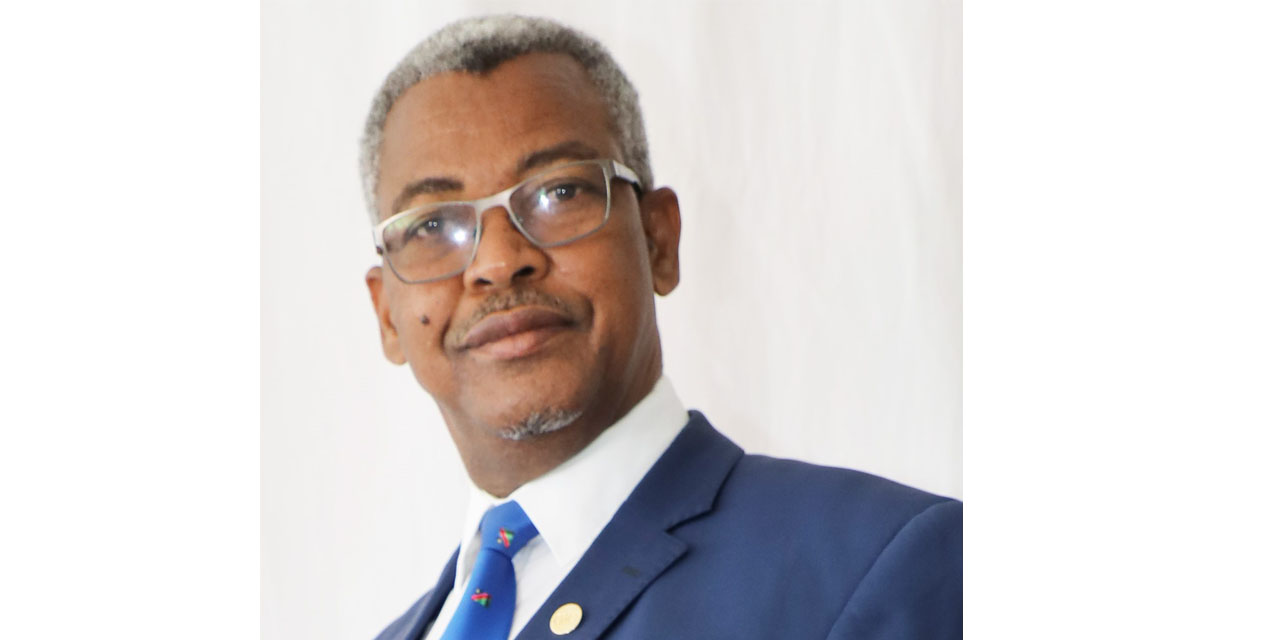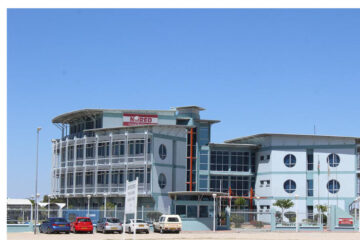Martin Endjala
The Anti-Corruption Commission has cited the lack of functional and specialized courts to deal with corruption-related cases as the main challenge to carry out its mandate.
“As you might know, some corruption cases remain a daunting task and complex to handle, hence, the need to have specialised courts to handle these offences of corruption. We hope that with dedicated courts, cases will be handled faster, effectively, and efficiently,” the ACC’s Executive Director Tylvas Shilongo said during a media briefing in Windhoek.
In the period under review, the Directorate of Investigation received 142 new cases, of which 87 were finalised. 53 new forensic analyses were conducted during the period under review, of which 48 were finalized.
The Directorate of Investigation also finalised 86 backlog cases out of the 327 backlog cases earmarked for investigation. 20 backlog case analyses brought forward from the previous financial year (2021/2023) were also completed during quarter one of the 2022/2023 financial year.
The shortage of investigators, Shilongo said, continues to hamper the ACC in the speedy investigation of cases. Thus, noting that there is a need for the Commission to recruit investigators with relevant expertise. Another challenge the Commission is battling with is the shortage of Regional Offices.
Currently, the Commission only operates from Khomas, Erongo, Otjiwarongo and Oshana regions.
Additionally, the Commission, have also explored areas of collaboration with both local and international law enforcement agencies.
It further announced that significant progress has been made in its ongoing investigation of numerous cases. Given its intensive efforts and collaboration with both local and international law enforcement agencies, the Commission has made tangible progress in prosecuting and recovering assets from individuals and organizations.
In addition, during the period under review, a total of 22 cases were finalised in Court. 11 accused persons were convicted and sentenced of which two were given direct imprisonment, whilst nine got fines or jail sentences.
Furthermore, 38 case dockets were submitted to the Prosecutor General’s Office for decision-making in terms of section 31 of the Anti-Corruption Act.
Shilongo maintained that the Commission’s investigations are complex and require the use of sophisticated techniques and resources. Further stating that the Commission’s investigations have yielded greater effectiveness in identifying and dismantling criminal networks, as well as recovering assets.
Furthermore, the Commission has achieved considerable success in cases involving fraud, money laundering and other economic crimes.
“We have successfully identified and shut down networks of financial and commodities traders, with many offenders charged and assets confiscated.
The Commission continues to work with local and international law enforcement to identify the beneficiaries of these illegal activities, and we have made it a priority to recover and return the stolen assets to their rightful owners, said Shilongo”.
During the year under review, the Commission has conducted Corruption Risk Assessments at institutions in 11 regions of which 359 participants have benefited from the training.
This is an in-depth training where selected institutions are taken through a four-day exercise, which allows them to identify corruption loopholes and formulate a mitigation plan to close loopholes of corruption in their institutions.
In addition, the Commission also robustly conducts Public Education and Anti-Corruption Awareness by way of hosting workshops and community outreach. A total number of 90 of these interventions were held in 13 regions of which 2000 participants were sensitized on evil and effects of corruption.
As part of the ACC’s efforts to ensure justice for victims of corruption, the Commission has put in place strategies aimed at ensuring that its investigations meet the highest standards of fairness and accountability.
The Commission reaffirmed its commitment to providing regular updates and briefings on the progress of its investigations adding that it believes that transparency, honesty and openness are key components of successful law enforcement.




